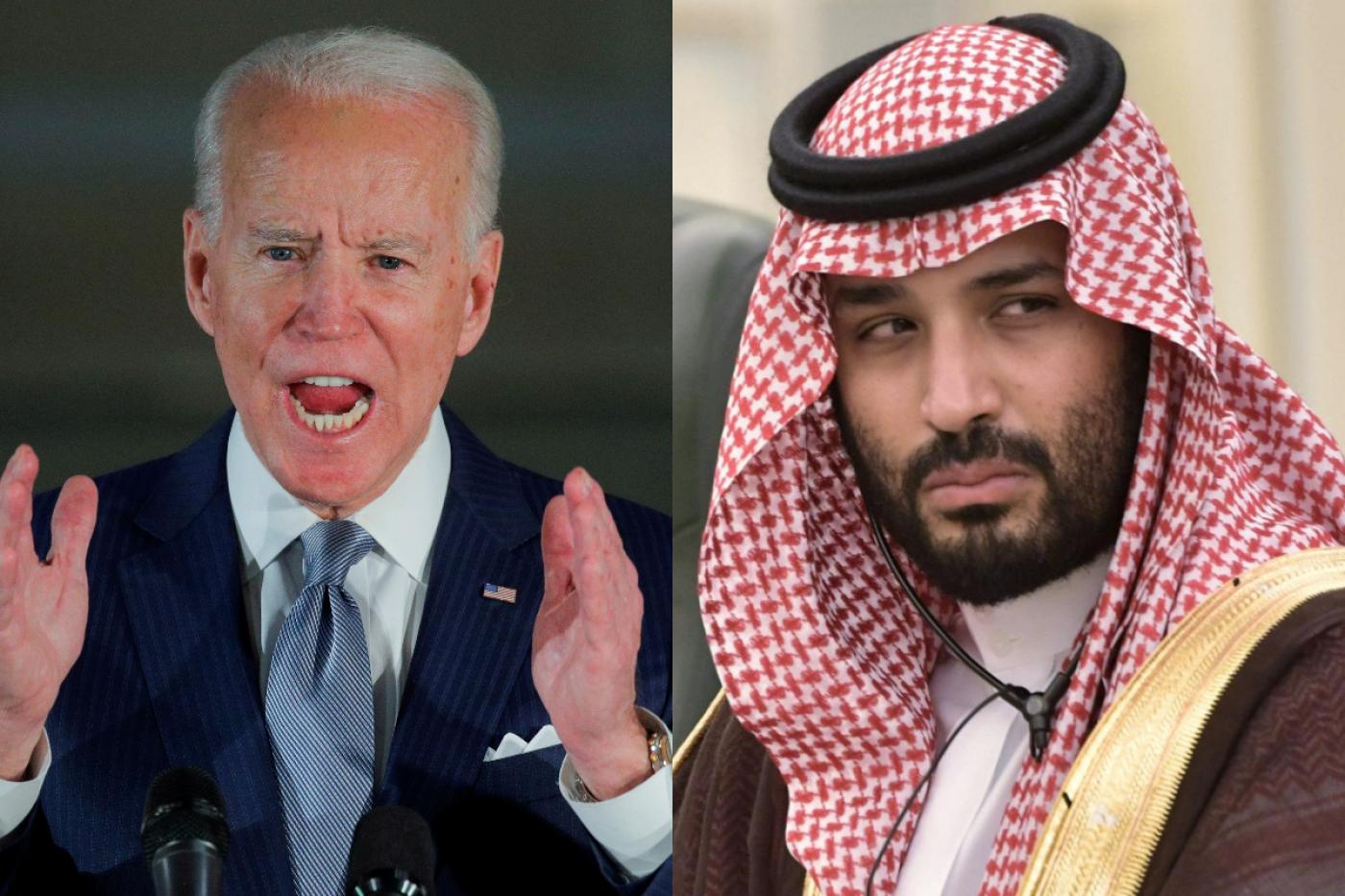by Hugh Fitzgerald

Joe Biden has called for the U.S. to end its support for Saudi Arabia’s war in Yemen. Many beg to differ, as here: “Should the US Support Saudi Arabia’s Intervention in Yemen?,” by Eric Bordenkircher, Algemeiner, October 21, 2020:
The Democratic presidential nominee, Joe Biden, is mistaken to call for an end to US support and involvement in Saudi Arabia’s intervention in Yemen. Biden fails to recognize the linkage of issues in the Middle East. The former vice president is promoting an arguably more destructive and potentially more dangerous policy….
Biden’s position on Yemen looks to redeem the image of the United States as a just, principled, and compassionate nation. He will extract US forces and terminate support for a little understood, deadly, and destructive Middle East conflict. It is an electorally popular position. The optics and actors (i.e. Saudi Arabia) of the conflict make it easy to condemn. It appears to be low-hanging fruit….
Joe Biden either ignores or has simply forgotten the significance of US involvement in Yemen. Saudi security concerns, nuclear proliferation, and the US-Saudi alliance are inextricably linked. Biden’s former boss, Barack Obama, noted this to The Atlantic in 2015: “The protection that we provide as [the Gulf countries’] partner is a far greater deterrent that they could ever hope to achieve by developing their own nuclear stockpile.”…
If the U.S. withdraws support for the Saudi war against the Iran-backed Houthis in Yemen, Riyadh – now uncertain of American protection against Iran and its nuclear project – would hasten to create its own nuclear deterrent. This would be dangerous enough, but might also create an arms race in the Middle East, the most volatile region in the world.
The complete termination of US support and involvement in Yemen will trigger two outcomes. The Saudi government will question future American commitments to their security. The Biden campaign forgets that Saudi Arabia must continue to live in the same neighborhood with Iran. Iran is relentless in asserting a presence and/or leverage throughout the Middle East. One Saudi weapons deal with the US is insufficient for alleviating Saudi fears.
Iran, despite its economic distress, has been boasting of its advances in home-grown weaponry, especially in precision-guided ballistic missiles, and in anti-missile defense systems. It has successfully attacked Saudi oil processing installations at Abqaiq and Khurais (the Houthis claimed responsibility, but the West, and the Saudis, are convinced the missiles came from Iran). Iran is a direct threat to the Saudis. The Islamic Republic has not only been lobbing missiles at Saudi oil installations, but has been constructing a network of proxies and allies from the Gulf to the Mediterranean.. Iran been relentlessly creating a “Shi’a crescent” that includes the Houthis in Yemen, the Iran-backed Shi’a militias in Iraq, Assad’s Alawite-led army in Syria, and Hezbollah in Lebanon. This “Shi’a crescent” fills the Gulf Arabs, and especially Saudi Arabia, with dread. Riyadh also fears Iran’s appeal both to the restive Shi’a minority inside Saudi Arabia — more than four million Shi’a live in the Eastern Province, where all of the country’s oil is produced — and to the Shi’a majority (60%) in Bahrain, who have already risen once in revolt against their Sunni ruler before being suppressed by Saudi and Pakistani troops.
If Biden withdraws support – weapons, logistics, intelligence – for the Saudis in Yemen, Riyadh is almost certain to begin its own nuclear project, as it has already suggested it will do. Won’t other countries in the region, likely including Iraq and Egypt, want to follow suit? What would that mean for the security of the oilfields, if a Saudi-Iran war – both possessing nuclear weapons — were to break out? And what are the implications for the security of Israel, if three or four Muslim Arab states manage to produce nuclear weapons? The U.S. ought to be reassuring Saudi Arabia of its support in Yemen against an Iranian proxy, rather than threatening, as Biden advocates, to withdraw it.
Saudi Arabia is an ally helping, in Yemen, to block militarily the regional ambitions of Iran, which is the mortal enemy not only of Saudi Arbia, but of both the U.S. (the Great Satan) and Israel (the Little Satan). We don’t have to like the Saudi regime – we can deplore its murder of Jamal Khashoggi and its human rights record –in order to recognize its usefulness in the war against Iran. If the Houthis were to win in Yemen, this would give Iran a military foothold right along the Saudis’ southern border and, as well, an outpost at the entry to the Red Sea, allowing it to threaten Israel’s maritime traffic to Asia.
Biden needs to rethink his ill-considered plan to withdraw American support for the Saudis in Yemen. It could lead to a Houthi – which is the same thing as an Iranian – victory in Yemen. It would likely lead the Saudis, if convinced that they can no longer count on their American ally, to begin a nuclear project of their own, worrisome in itself and even more worrisome if it were to cause other Arab states to follow suit. Saudi Arabia is very far from being what we would wish an ally to be – just as the Soviet Union, which we backed to the hilt in the Second World War, was hardly the ideal ally – but right now we should stick by the Saudis in Yemen, persuade Riyadh to postpone any nuclear ambitions, and encourage Saudi Arabia to improve its human rights record, which remains abysmal. Israel, having carefully weighed the pros and cons, continues to collaborate on security matters with Saudi Arabia against Iran. So should we.
First published in Jihad Watch.







